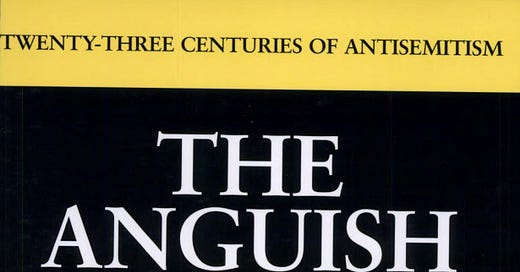Vitruvians, readers, all,
Regular readers know that I set myself the task a few months back, quite spontaneously, to draft and publish in real time from week to week, at book length, a kind of memoir — not of the personal events of my life but rather of my intellectual and spiritual development, recounting how my education and selected autobiographical details contributed to that progress. I titled it Reason for Being in the World.
In addition to other creative writing projects, varied in nature, that I hope to leave behind and still complete while I remain sentient, it seemed at this point in my life, at least to me, an important statement I needed to make. Many writers on Substack are exercising all kinds of inventiveness in their projects and endeavors — Substack arriving when it did seems to have tapped a well of creativity in a great many people — so I felt comfortable in these environs pursuing this new kind of effort for me.
In any impromptu exercise of such a kind — I’ve labeled …
Keep reading with a 7-day free trial
Subscribe to Homo Vitruvius by A. Jay Adler to keep reading this post and get 7 days of free access to the full post archives.





